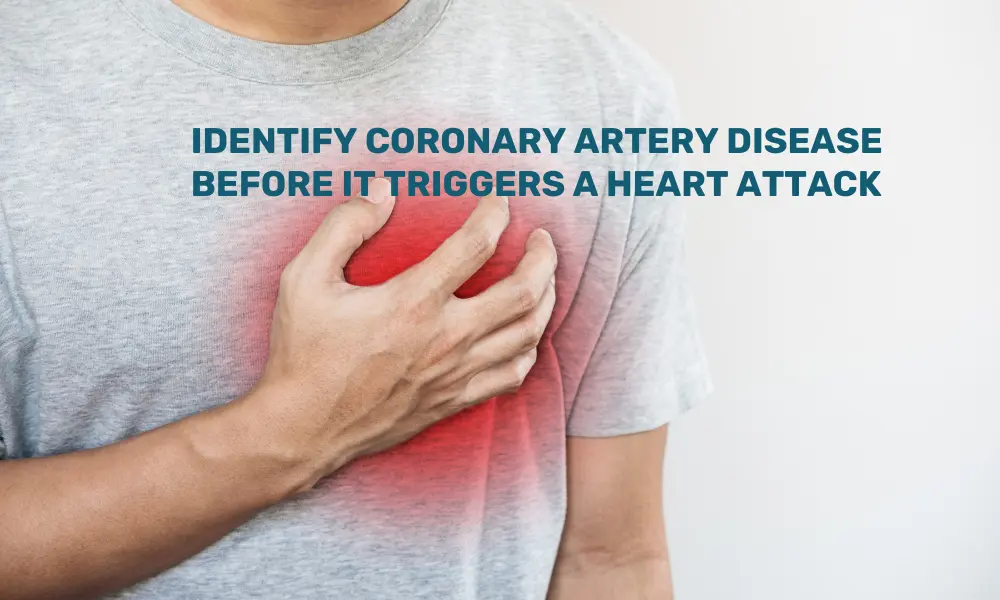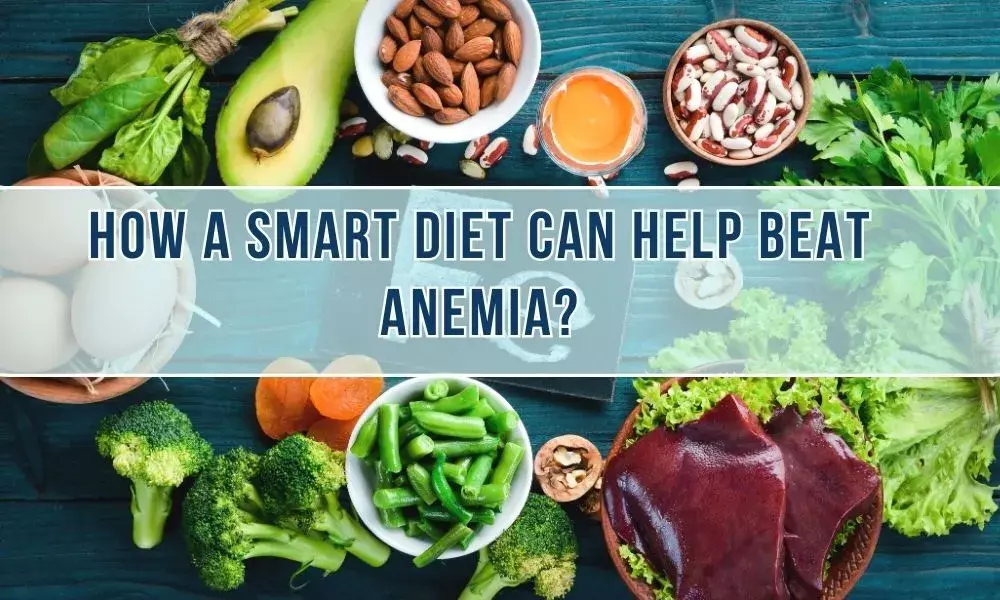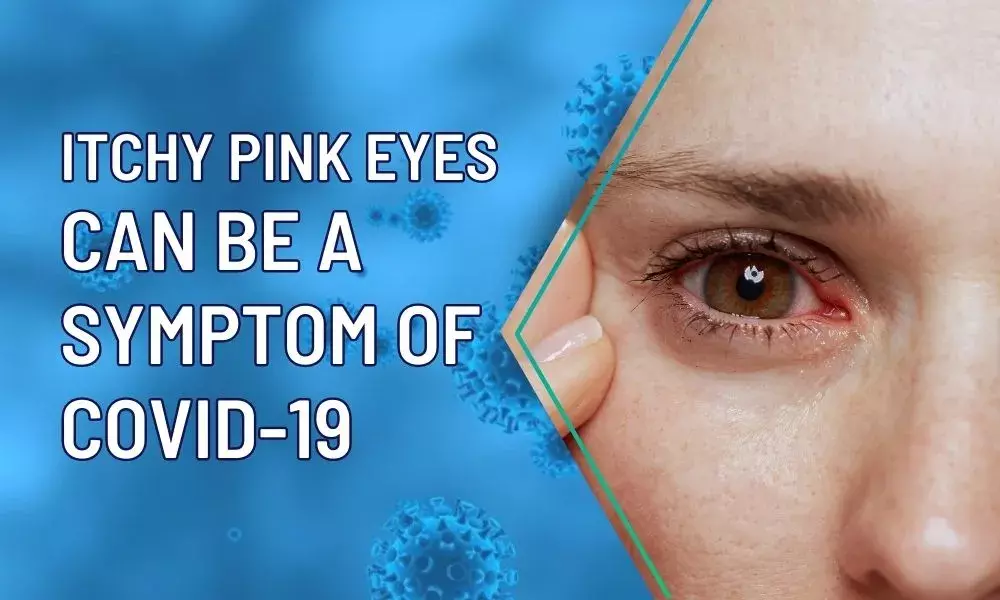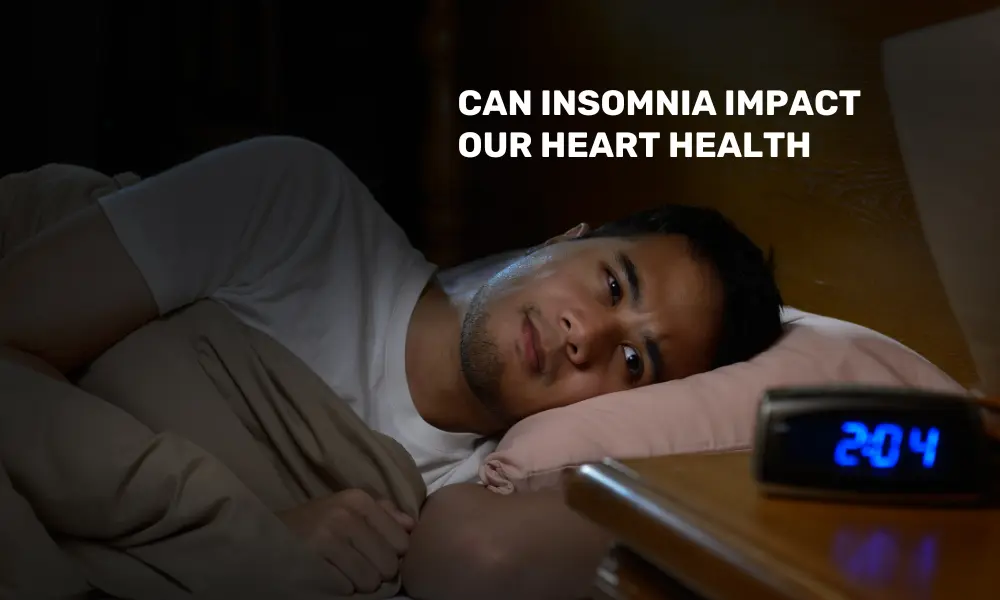Coronary artery disease (CAD) has been recognized as one of the leading causes of heart attacks worldwide, yet it often develops silently over the years. The condition occurs when fatty deposits, or plaque, build up in the arteries that carry blood to the heart, reducing circulation and putting your heart under strain.
While the early stages may go unnoticed, the body eventually sends out signals that should never be ignored. Recognizing the warning signs can help prevent this life-threatening condition and protect an individual’s long-term heart health.
Early detection and lifestyle changes, including a heart-healthy diet, regular exercise, stress management, and routine medical check-ups, can slow the progression of CAD.
Signs of coronary artery disease that one must be aware of:
If an individual experiences these symptoms, immediate medical attention is crucial. Awareness and proactive care empower individuals to take control of their cardiovascular health before it’s too late.
Chest Pain
Chest pain, also referred to as angina, is one of the most common indicators of coronary artery disease. It often feels like pressure, tightness, or squeezing in the chest, sometimes described as if someone is sitting heavily on your chest. Chest discomfort usually occurs in the centre or left side of the chest and may be triggered by physical activity, heavy meals, or even stress.
Irregular heartbeats
It is entirely normal for the heart to beat faster during exercise or excitement, but frequent irregularities, known as arrhythmias, may be a warning sign. Skipped beats, rapid fluttering, or racing heart rhythms can all point to coronary artery disease or other heart conditions. If irregular heartbeats are accompanied by chest discomfort, dizziness, or fainting, immediate medical evaluation is necessary.
Dizziness
Feeling faint or dizzy on a regular basis can be a sign that the heart is not pumping blood effectively to the brain. Poor circulation reduces oxygen supply, causing lightheadedness, weakness, or even fainting. These symptoms should not be ignored, especially if they occur alongside palpitations, chest pain, or breathlessness, as they may indicate a more serious cardiac condition.
Excessive Sweating without physical activities
If one has cold sweat without physical exertion, it can signal that the heart is under stress. When arteries are blocked, the body works harder to circulate blood, leading to sweating even in cool conditions. If sweating comes on suddenly and is paired with chest pain, nausea, or dizziness, it may be an early sign of a heart attack.
Swelling in the ankles or feet
Unusual puffiness in the ankles, feet, or legs can result from fluid buildup, a condition known as edema. This occurs when the heart is unable to pump blood effectively, resulting in fluid accumulation in the lower body. Although swelling can also be related to kidney or liver problems, persistent or unexplained swelling should be checked by a doctor, as it may indicate heart failure linked to coronary artery disease.
Pain in arm
Heart-related pain does not always stay in the chest. Sometimes, discomfort radiates to the arms, shoulders, back, neck, jaw, or even the upper stomach. This phenomenon is known as referred pain and occurs because the nerves carrying pain signals from the heart overlap with those from other areas of the body. While such pain may be mistaken for muscle strain or indigestion, unexplained or recurring pain in these areas could be linked to coronary artery disease.
Persistent cough
While most coughs are caused by infections or allergies, a persistent cough that worsens when lying down can be associated with heart problems. In cases of heart failure, fluid may accumulate in the lungs, resulting in chronic coughing or wheezing. If you already have heart disease and notice a new or worsening cough, it is important to bring it to your doctor’s attention.
Shortness of breath
Struggling to catch your breath after light activity, or even at rest, may indicate an underlying heart issue. When the heart cannot pump blood efficiently, less oxygen reaches the body’s tissues, leading to breathlessness. This symptom may appear suddenly and can be accompanied by symptoms such as sweating, anxiety, or fatigue. Many people mistake it for ageing or lack of fitness, but persistent breathlessness should always be taken seriously. In some cases, it may signal heart failure, coronary artery disease, or arrhythmias, which require immediate medical evaluation to prevent worsening complications and safeguard overall cardiovascular health.
Digestive discomfort
Symptoms like nausea, indigestion, heartburn, or stomach pain are often mistaken for digestive issues, but they can also be linked to heart problems. This overlap can make coronary artery disease difficult to detect, especially in women, who are more likely to experience non-traditional heart symptoms. If you experience frequent stomach upset, when accompanied by chest discomfort or sweating, it is worth considering heart health as a potential cause.
Throat or jaw pain
A sore throat or jaw pain is rarely related to heart disease on its own. However, if discomfort in these areas occurs along with chest tightness or pressure, it could signal angina or even a heart attack. Pain that spreads upward from the chest to the throat, jaw, or teeth should never be ignored, as it may be a subtle sign of coronary artery blockages.
Coronary artery disease is often referred to as a silent threat because it develops gradually and often disguises itself behind common symptoms such as indigestion, fatigue, or mild breathlessness. This is why many people dismiss the early warnings until the condition becomes severe. Listening to your body and recognizing these subtle signs can make the difference between early intervention and a medical emergency.
Disclaimer: This article is meant for informational purposes only and must not be considered a substitute for professional advice.





